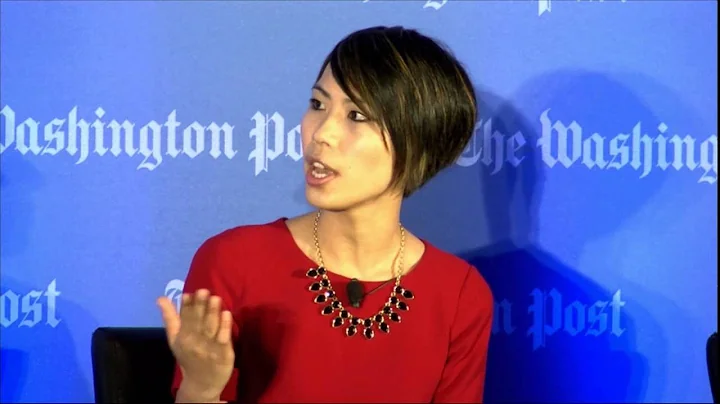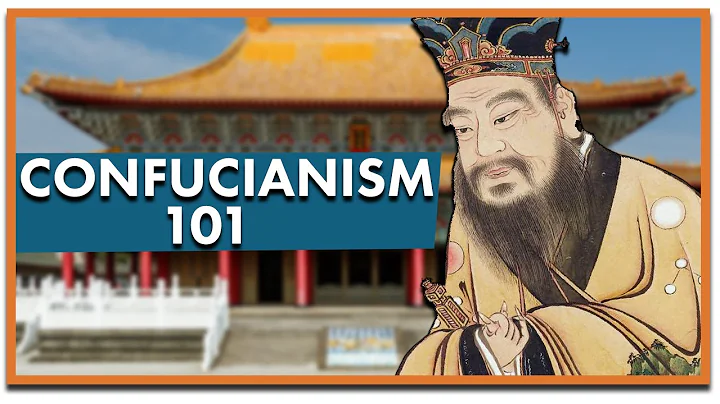At the beginning of the founding of the Han Dynasty, it was only more than ten years before the end of the Warring States period, and the thoughts of various schools of thought were already very mature. As a unified country, laws and etiquette are very important. Why didn't the early Han Dynasty use Legalism or Confucianism to govern the country better, but instead used Taoism to govern the country by doing nothing?
During the Spring and Autumn Period and the Warring States Period, the land of China experienced hundreds of years of war, and the people were extremely poor; After the Qin State unified the world, the people's lives were worse than and the Warring States Period , and they were forced to revolt in various places; After the fall of Qin, the struggle between Chu and Han for hegemony continued for years, and the people were in dire straits.
" Hanshu " records: "The rise of the Han Dynasty took over the power of Qin, and the princes came together. The people lost their jobs and suffered a great famine. If there were five thousand pieces of rice and stone, people would eat each other, and more than half of them would die. The emperor ordered the people to sell their sons, Just eat Shu and Han. The world has been established and the people have been destroyed. Since the emperor can't have a good horse, the generals can ride on ox carts. "

After the establishment of the Han Dynasty, the dynasty of the Qin Dynasty was inherited, and the princes came together. Things happened, the people lost their jobs, and there was a period of great famine. A stone of ordinary rice costs 5,000 yuan. If people eat people, more than half of them will die. Emperor Gaozu ordered the people to sell their children and go to Shu and Han to live. After the world was peaceful, the people had nothing to store. The emperor could not even get four pure-colored horses to travel. Some princes and ministers could only travel in ox carts.
Faced with this difficult situation of people's livelihood, we must have a relatively complete ideological proposition that can solve practical problems and govern the country.
First of all, we must exclude Legalism. The Qin Dynasty was overthrown because of strict laws.
Liu Bang entered the Pass in 206 BC and said to the people of Xianyang City: "My father has suffered from the harsh laws of Qin for a long time! Those who slander the clan, those who gossip abandon the market. I made a covenant with my father, and the three chapters of the law are: He who kills will die. , Injury and theft are not punished, and I have removed Qin Law "
This passage is an allusion to the idiom "Three Chapters of the Covenant" and was the basis for the Han Dynasty to win the hearts of the people.

How strict are Qin’s laws? According to "Historical Records·Biography of Shang Yang·Suo Yin": If one family is guilty, nine families will be punished. If they do not correct the problem, ten families will be punished.
Liu Bang abolished all these harsh laws, and no longer had to worry about being implicated by relatives who could not be beaten, because under Chinese law, "the crimes of fathers, sons, and brothers are not related to each other." Even if one of the father and son commits a crime, they will not be implicated. Someone else.
So after Liu Bang conquered Xianyang , the people came in droves and lined the streets to welcome him:
The Qin people were overjoyed and quarreled with cattle and sheep, wine and food, and presented them to the sergeants. Pei Gong refused, saying: "There are many grains in the warehouse, but there is no shortage, so I don't want to waste people."
In addition to the Legalists, Mohist 's " non-attack ", the "debating skills" of famous scholars and The " combined with vertical and horizontal " of the strategist are not suitable for a unified country, and others such as the Yin Yang family, the farmer's family, the miscellaneous family , the novelist, etc. are not suitable for the governance of a country.

The only ones left are Confucian and Taoist . After several generations of reforms, these two schools of thought are very suitable for governing the country.
In fact, Liu Bang personally appreciated Confucianism, but the conditions at the time did not allow it.
chose Taoism to govern the country, which played a decisive role in restoring the economy and recuperating. Huang-Lao thought advocates "governing by inaction" and "letting nature take its course". The so-called "inaction" does not mean doing nothing, but governing the country with an attitude of "inaction". The court does nothing, the people govern themselves, and the monarch does not cooperate with the people. Fight. Let nature take its course does not mean to ignore everything, but to comply with the laws of nature and not do anything that violates the laws of nature, so as to achieve the purpose of orderly development of society.
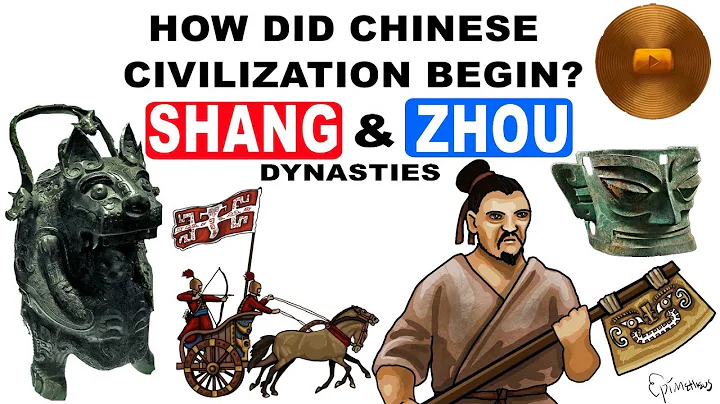





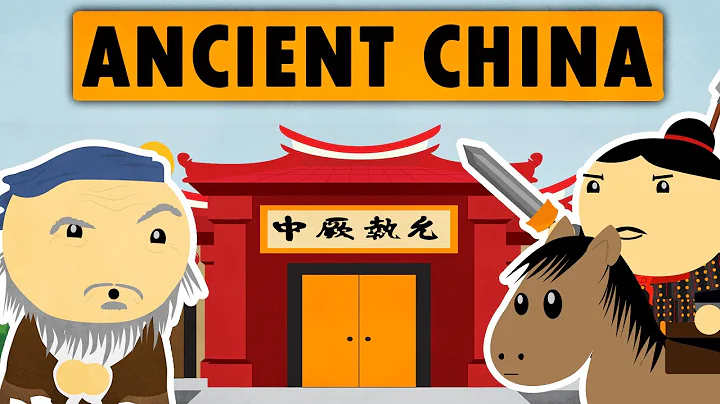
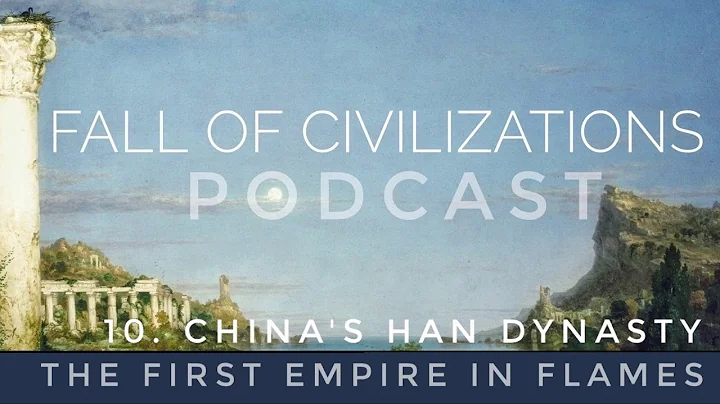
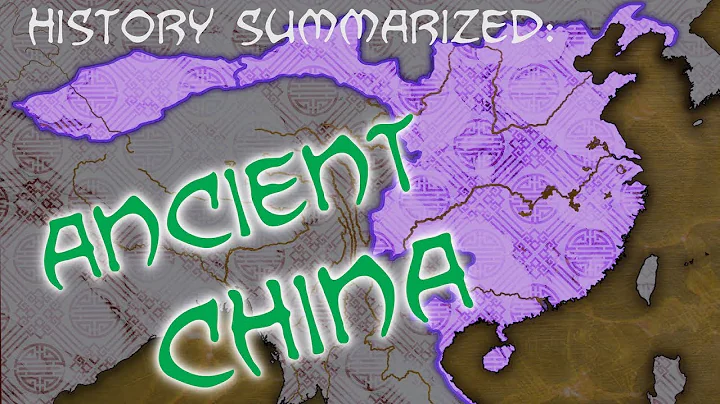
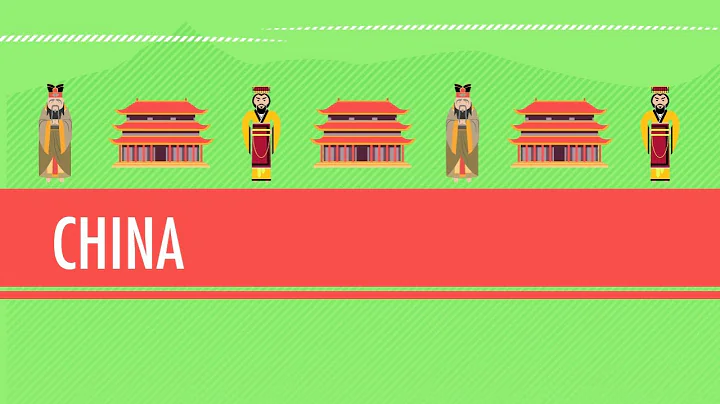






![[Tzu Chi Primary School] Jing Si Devotion: The Meaning of Filial Piety - DayDayNews](https://i.ytimg.com/vi/zjbBVfHZMfc/hq720.jpg?sqp=-oaymwEcCNAFEJQDSFXyq4qpAw4IARUAAIhCGAFwAcABBg==&rs=AOn4CLB_MImAGXuLnvrVKjtlWHOfGZdbvw)


